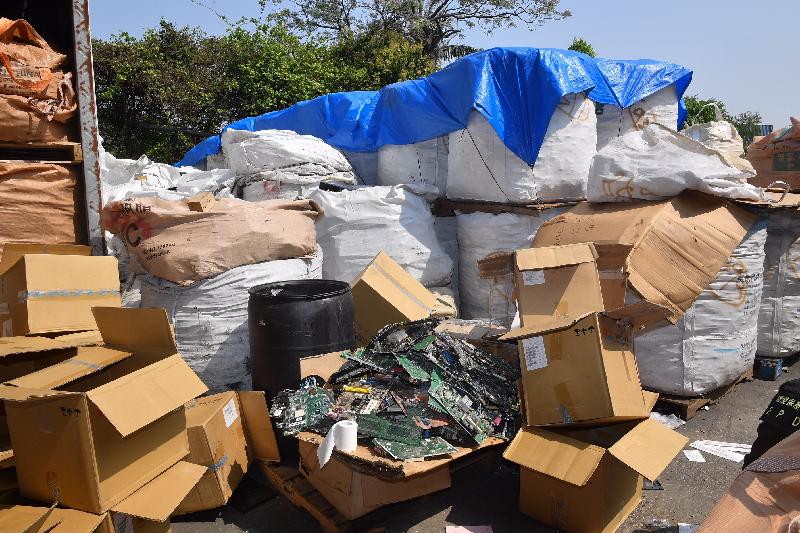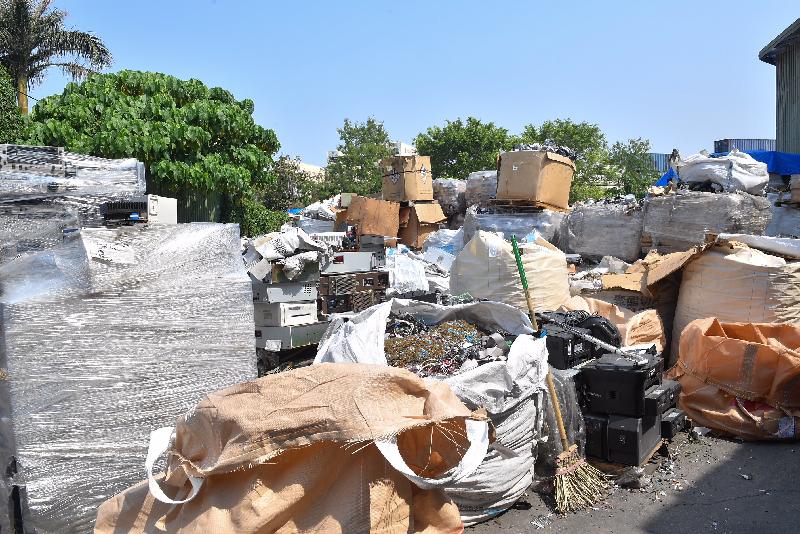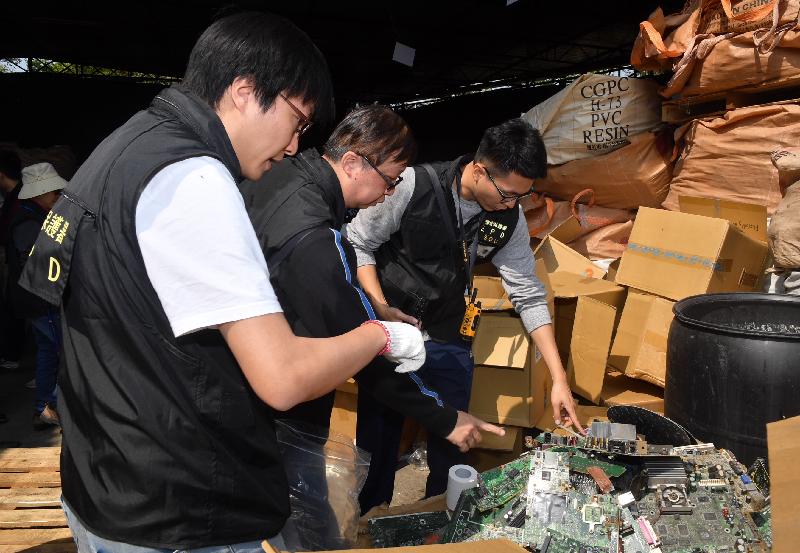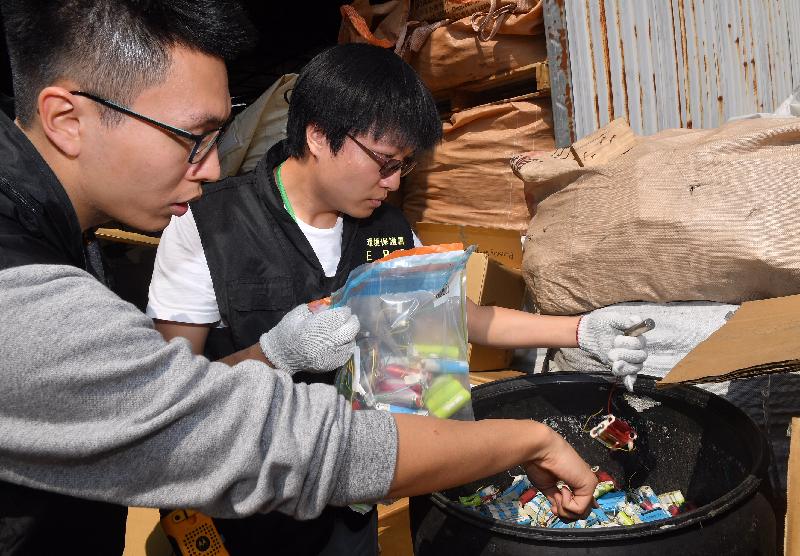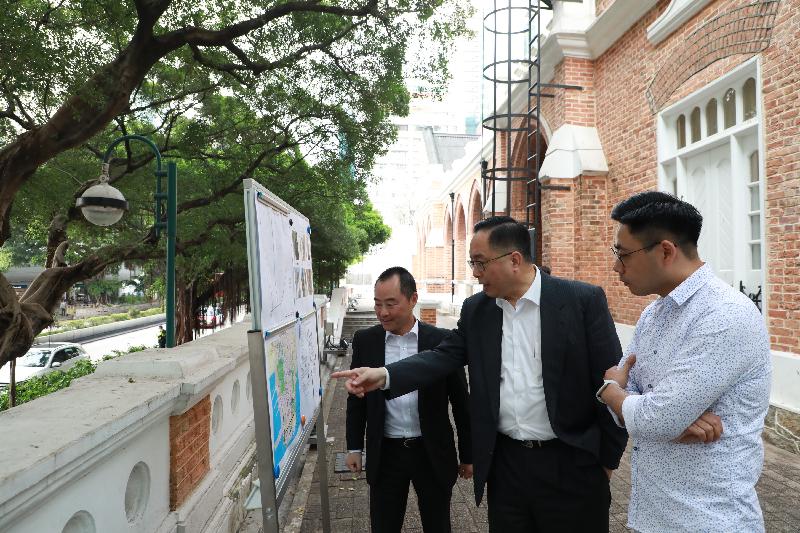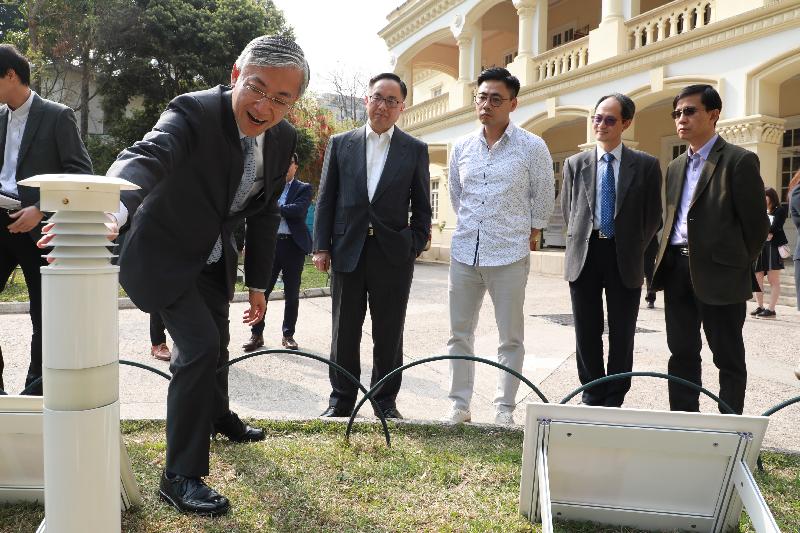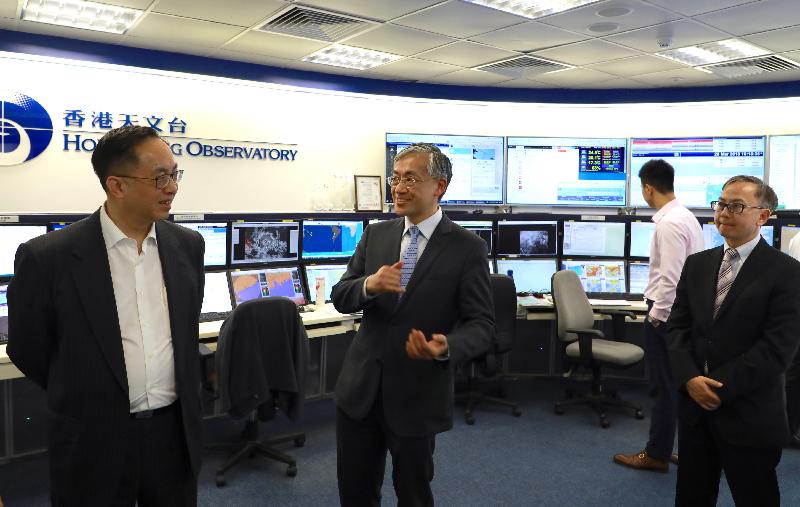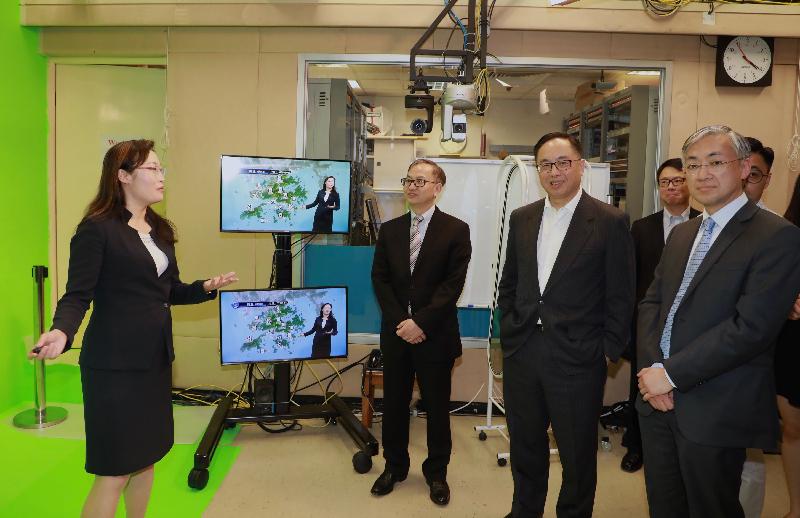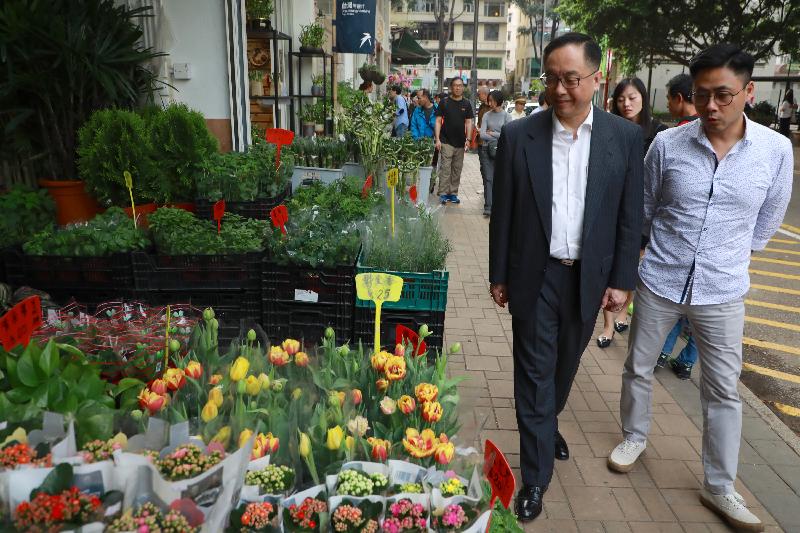Press release: Relatives of Argentine soldiers killed during the Falklands War visit the Argentine cemetery at Darwin
More than 200 relatives of 90 recently identified Argentine soldiers who lost their lives in the 1982 Falkland war visited the Falkland Islands today (Monday 26 March) to visit their newly marked graves.
As part of a joint project between the UK, Falkland Islands and Argentine Governments and the International Committee of the Red Cross (ICRC), a forensic team exhumed, analysed and documented the remains in each of the unidentified graves in the Argentine cemetery at Darwin in the Falkland Islands.
Argentina’s Secretary for Human Rights, Claudio Avruj, will accompany the families. Retired British Army Colonel Geoffrey Cardozo, who was responsible for burying the Argentine dead with sensitivity and respect immediately after the conflict, will also accompany the group.
Minister of State for Europe and the Americas, Sir Alan Duncan MP said:
I welcome this visit to the Argentine cemetery at Darwin by family members of the recently identified Argentine soldiers. This important humanitarian project, facilitated by the International Committee of the Red Cross, will provide some comfort to the families of the deceased. When visiting the cemetery the families will find their loved ones properly identified and in a place of great dignity.
I am grateful to the Falkland Islands Government who coordinated the visit, in cooperation with the Argentine Families Commission, and with support by the UK and Argentine Governments. It marks an important development in the UK-Argentina relationship and demonstrates what can be achieved with a positive and constructive relationship.
Notes for Editors:
- The visit will include a religious ceremony jointly conducted by Auxiliary Bishop of Buenos Aires, Bishop Eguia Segui, and the Right Reverand Abbott Hugh Allan from the United Kingdom.
- Brigadier Baz Bennett, Commander of the British Forces South Atlantic Islands, will deliver military honours for the ceremony. A Scottish Piper and a British military guard will be present.
- The DNA identification project was funded by the UK and Argentine Governments. This is a humanitarian initiative that we support in line with our wider obligations under international law.
- In the UK-Argentina Joint Communique of 13 September 2016, both countries expressed their full support for a DNA identification process in respect of unknown Argentine soldiers buried in the Falkland Islands.
- Over a seven week period (7 June – 20 August 2017), an ICRC forensic team exhumed, analysed and documented the remains of each of the unidentified soldiers. 90 Argentine soldiers were positively identified.
Further information
- Follow the Foreign Office on Twitter @foreignoffice and Facebook
- Follow the Foreign Office on Instagram, YouTube and LinkedIn
Media enquiries
For journalists
Email
newsdesk@fco.gov.uk
Newsdesk
020 7008 3100
